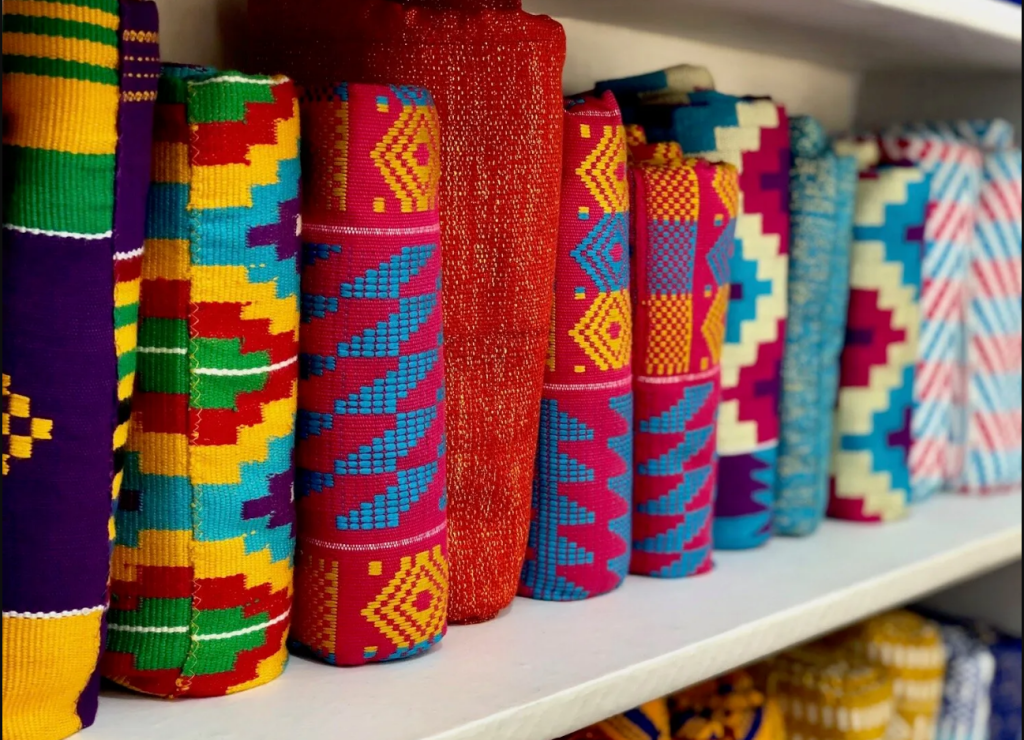In an era where global markets celebrate cultural identity and originality, Ghana stands at a critical crossroads. We have introduced marketing as a discipline in our universities, invested heavily in education, and sent students abroad through prestigious scholarship schemes. Yet, as a nation, we have failed to apply this knowledge and training to one of our greatest assets: our indigenous products.
Imagine a world where kente, batakari, gari, akpeteshie, dzomi, apapransa, and other authentic Ghanaian creations stand shoulder to shoulder with global icons like pizza, tequila, or Cubavera shirts. These internationally recognized items were once local, just like ours. The difference is that strategic, long-term marketing turned them into billion-dollar industries. This is where Ghana has faltered.
Ghana is among the top ten producers of cassava globally. Still, gari, a key cassava product, receives barely any strategic marketing attention. Instead of elevating our own, many of our brightest marketing minds champion foreign brands such as Black Label and Milo. It’s worth remembering that these were once modest, local products in their own countries, elevated through purposeful branding and investment. Why should Golden Tree chocolates, made from Ghana’s world-renowned cocoa, struggle to gain recognition and market share? Why do we pour billions into establishing faculties for marketing and social sciences, or offer scholarships abroad, only to reap little economic transformation in return?
This paradox reflects a deeper issue in our national psyche: a reluctance or inability to think constructively and with a long-term vision. Take cocoa, for example. Despite being celebrated worldwide as an antioxidant-rich superfood, it remains underconsumed in Ghana. The focus has always been on raw cocoa bean exports. As a result, many cocoa farmers, those who grow the very crop that drives our economy, may never have tasted chocolate or any cocoa-based product in their lives. Ironically, in Ghana, chocolate is seen as a luxury item, associated with affluence and urban sophistication, while the cocoa farmer remains excluded from that image.
Similarly, how have we arrived at a place where a Ghanaian child would choose imported instant noodles over garifotor, a wholesome local dish? This signals not just a shift in taste, but a failure to build pride in and accessibility to our own heritage.
The problem is not a lack of talent or resources. Ghana is rich in culture, agricultural output, creativity, and human capital. What we lack is the strategic vision to harness these strengths and turn them into viable industries that drive growth, pride, and prosperity.
To move forward, enlightenment must become a national objective. We must intentionally invest in marketing our culture, products, and ideas with the same seriousness we apply to foreign education or resource extraction. We must see our own not as inferior, but as valuable, exportable, and transformative.
Until we shift our national mindset and begin to develop and market our indigenous resources intentionally, we will continue to miss out on the enormous economic opportunities they offer. Ghana’s poverty amid plenty is not a mystery, it is a reflection of narrow thinking in a world that rewards bold, strategic, and culturally grounded innovation.
DISCLAIMER: The Views, Comments, Opinions, Contributions and Statements made by Readers and Contributors on this platform do not necessarily represent the views or policy of Multimedia Group Limited.
DISCLAIMER: The Views, Comments, Opinions, Contributions and Statements made by Readers and Contributors on this platform do not necessarily represent the views or policy of Multimedia Group Limited.


